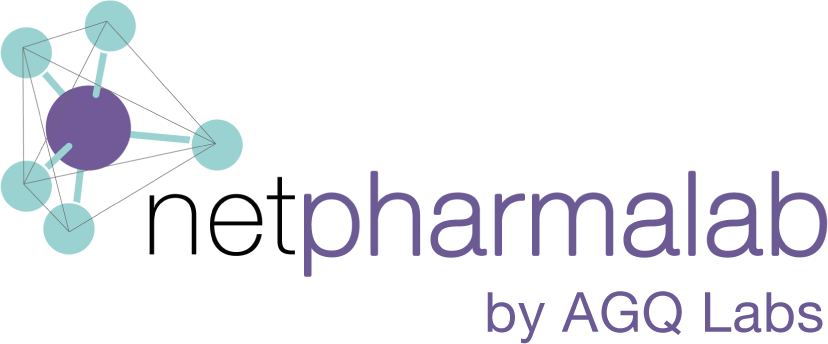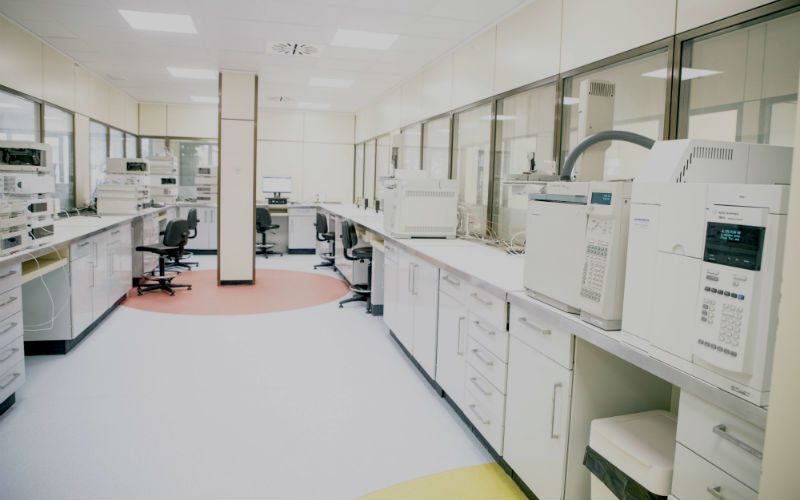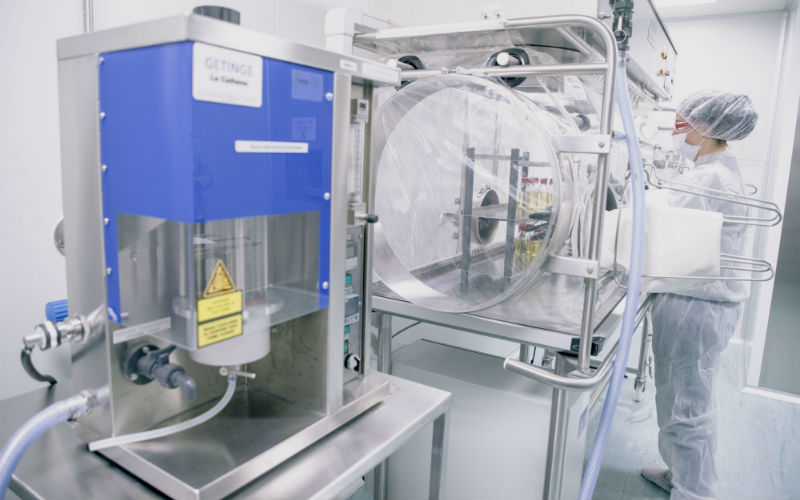Horizon 2030 covers innovation in medicines, sustainability in their production and global collaboration to improve the health and well-being of world’s population
Horizon 2030 directly influences environmental, social and governmental criteria. Hence, we must work for the technological and sustainable development of the pharmaceutical industry.
The pharmaceutical and healthcare sectors have always played a fundamental role in the development of society. In fact, due to the outbreak of the pandemic, its management was valued. This is why the pharmaceutical and hospital field faces new challenges to adapt to the needs of a changing society.
Telepharmacy, artificial intelligence, pharmaceutical prescription or research into new skills are essential for growth in the centers’ healthcare teams. In the short and medium term, the pharmaceutical industry will have to adapt to a series of challenges such as the greater diversity of products, a smaller scale of production or a greater complexity of research, development, manufacturing and distribution processes.
Key actions to promote a sustainable pharmacy concept
Based on the previous criteria, a package of initiatives stands out that promote the responsible use of water, energy, resources, goods and responsible services. To promote energy efficiency, some pharmacy offices are installing optimized robotic systems for medication management, automatic doors, efficient lighting or thermal insulation, especially important in products that need refrigeration.
With respect to dispensing, priority will be given to the marketing of products identified with eco labels. Regarding resources, it is important to take into account the visibility of the Sigre points intended for the recycling of medicines and the removal of waste.
Commit to digitalization
The technological phenomenon and digitalization have also reached the pharmaceutical industry, impacting professionals and patients. One of the most relevant developments is Digital Therapeutics (DTx), a group of software-driven therapies that are designed to prevent, control or treat a disorder or disease. In this way, through sensors or IoT (Internet of Things) devices, it can be self-managed, in a personalized way and with a single treatment or as a complement to other pharmacological therapies.
A key tool in the development of new medicines is artificial intelligence (AI). Machine learning techniques play a fundamental role in segmenting the market, reducing risks and testing times that allow optimization of results.
In addition, AI is essential to automate the reading and study of medical records and predict behavioral patterns and patient reactions to certain treatments.
The pharmaceutical industry is expected to move towards personalized medicine with 3D printing. It especially contributes to the medical devices, orthopedics and biomedicine sector, with the development and design of prostheses, organs and biological tissues to be used in humans.
Finally, laboratories have begun to incorporate virtual reality. This allows us to observe structures such as proteins and understand how they interact with new drugs. It is an immersive experience capable of showing the impact of a medicine on people and its interaction with the body. There are already tools like 4Sight that have been used to create a drug that overcomes addictions.
The objectives of the programs within Horizon 2030 reveal a truly promising future for the pharmaceutical industry worldwide. Giant steps are being taken towards high specialization. The goal is to move towards personalized medicine with the potential to improve prevention.






